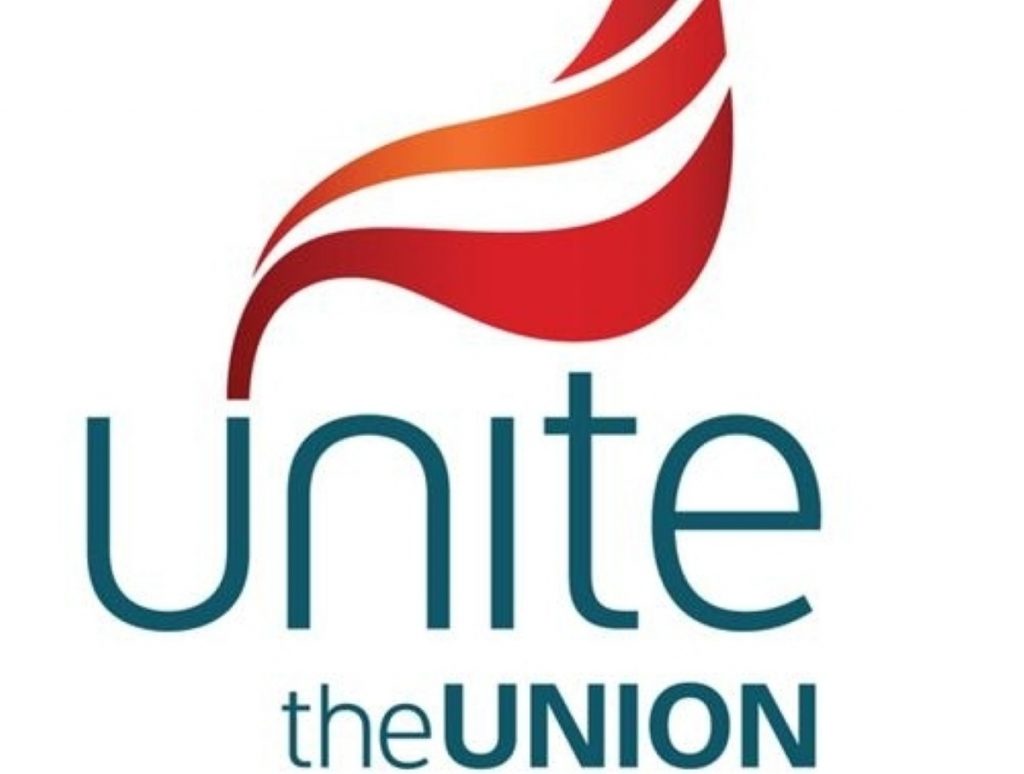UNITE: 25,000 demand Cameron stops the ‘BloodMoney’
Unite’s campaign to stop the privatisation of the NHS Blood Service has received huge public support which is still growing.
In under a week, the union’s petition demanding that David Cameron stops the blood money was signed by 25,000 people (see link in notes to editors).
The petition was launched last Friday 3rd March and the Twitter campaign #bloodmoney began yesterday 9 March . In just one day almost 10,000 signed up.
On 16 February, the Health Service Journal learned that the Department of Health’s commercial directorate held talks with private providers about running parts of the NHS Blood and Transplant service. Capita and DHL are understood to be interested in taking over parts of the service (see link notes to editors).
The campaign has struck a chord with the general public who have been signing up at record speed for a Unite union petition. The public are right to be concerned, a study conducted in New Zealand found that there was opposition to profit being made from blood, with 52% of donors unlikely to continue donating if this occurred (see link in notes to editors).
Unite assistant general secretary, Jennie Bremner said:
“In under a week 25,000 people have signed the petition opposing privatisation of the NHS Blood service . Yesterday alone 7000 people signed the petition and we expect the numbers of people joining our campaign to grow. Men and women, young and old alike are really angry about the government’s plans.
“Donors help save the lives of hundreds of thousands of people every year including cancer patients, accident victims and women giving birth who develop complications. Anyone who can see the clear moral contradiction in giving blood freely to help others for it then to be used for profit by the private sector should get behind Unite’s campaign to urge David Cameron to stop the blood money.
“The message is getting louder by the hour as more people join the campaign – our blood is not for sale.”
The NHS Blood and Transplant Service is a success story. Its specialist nurses collect blood from volunteer donors and then the service ensures it reaches the patients that need it. Donors help save the lives of hundreds of thousands of people every year. Cancer patients, accident victims and women giving birth who develop complications.
It also co-ordinates the 24-hour organ matching and allocation service which arranges our much needed organ transplant service. And it is not the case that the NHSBT is ‘ineffective’ or ‘inefficient’. Their last annual report showed the service: “met more than 99.9% of all product requests” and they have “implemented efficiencies which helped to reduce the cost of a unit of red cells from £140 to £130” – this is a fall in cost of over 7%.
The NHSBT had undertaken in increasing the number of organ donations the total number of organ transplants carried out in the period April 2009 to March 2010 was the highest ever seen.
ENDS
Contact:Ciaran Naidoo on 07768 931 315
Notes to editors
New Zealand study: www.bmj.com
Unite petition:
Health Service Journal: www.hsj.co.uk





-01.png)